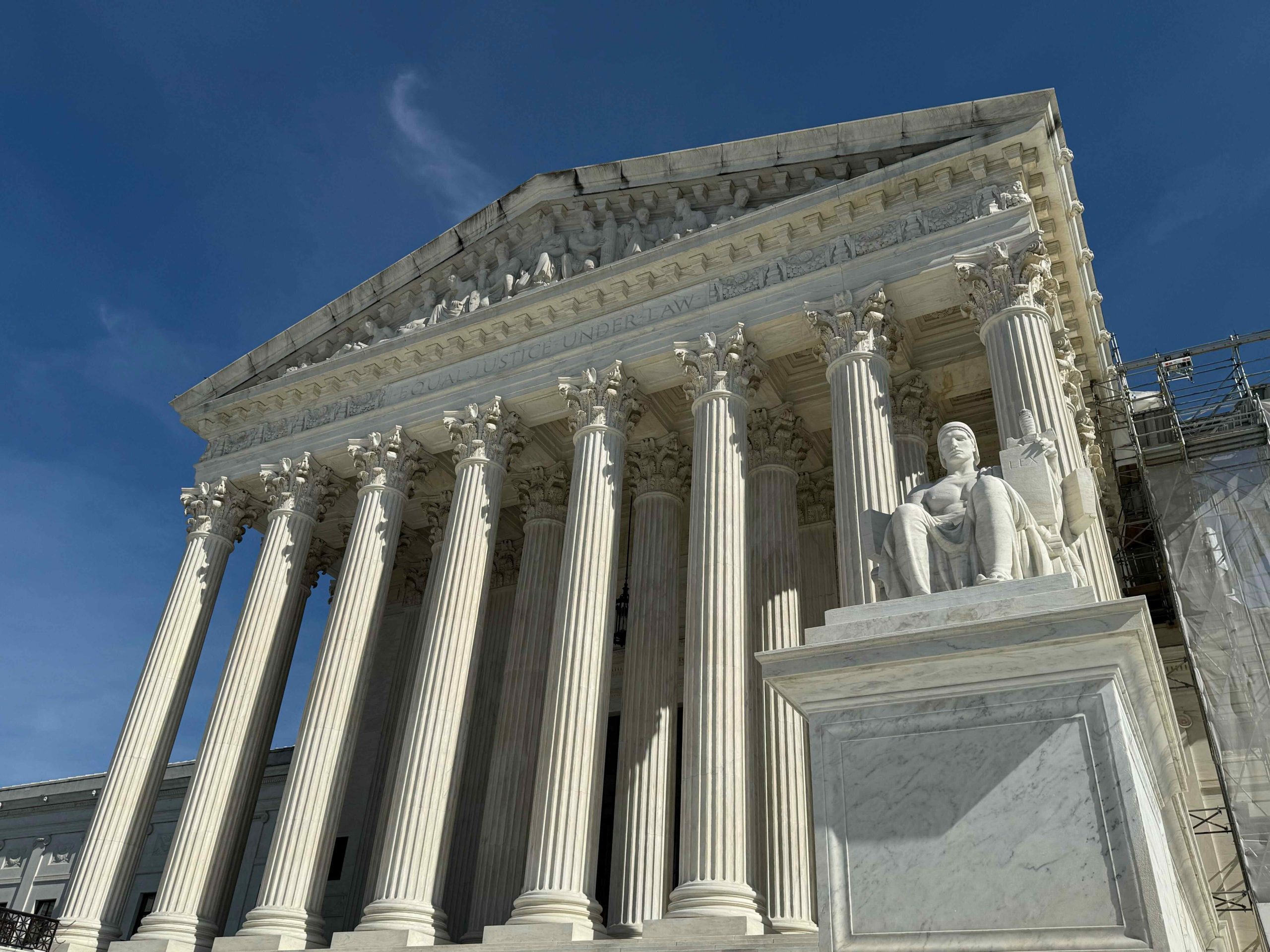Justices debate whether restitution imposed on convicts is criminal, civil, or perhaps a little of both


Tuesday’s argument in Ellingburg v. United States turned on whether the ex post facto clause of the Constitution applies to the Mandatory Victims Restitution Act. That clause bars imposing criminal punishments based on statutes not in force when the crime occurred. Because the MVRA was adopted after Holsey Ellingburg’s offense, it would violate the ex post facto clause to apply it to determine Ellingburg’s punishment if the restitution it requires is “criminal” under that clause.
The argument was interesting because the government (which prosecuted Ellingburg) now agrees with Ellingburg that the MVRA cannot be applied to increase his punishment. So the justices heard first from Ellingburg’s counsel (Amy Saharia), arguing that her client should prevail, and then from Ashley Robertson (from the federal Department of Justice), also arguing that Ellingburg should win. Only then did anybody appear defending Ellingburg’s sentence – an attorney appointed by the justices for that purpose (John Bash).
The oddity of the proceeding – a criminal sentence that even the government found objectionable – did not stop several justices from questioning Saharia and Robertson closely. Justice Samuel Alito, in particular, repeatedly emphasized various aspects of the statute that seemed more civil than criminal. For example, he pointed out that the statute “allows victims to enforce restitution as a judgment lien under state law,” and then asked Saharia (rhetorically) whether she was “aware of any criminal punishments that victims can enforce personally?” When she acknowledged that she was not, he retorted: “Doesn’t [that] cut strongly against your argument that restitution is penal rather than looking to provide remedies for the victims?”
Alito took a similar approach with Robertson, interrupting her discussion of congressional intent to ask what she “ha[d] to say about Section 2 of [an earlier version of the statute], which says explicitly that the purpose of this is to help victims.” For Alito, at least: “If Congress says our intent is to assist victims, isn’t that open and shut then?”
Other justices, though, especially Elena Kagan and Ketanji Brown Jackson, seemed to find it evident that Congress’ insertion of the restitution requirement into the criminal sentencing system necessarily brought the ex post facto clause into play. For example, Jackson gently suggested to Bash that he was “struggling a little bit against the weight of all of the consensus that existed” about the penal nature of the predecessor to the MVRA. She then asked him whether with regard to the criminal nature of the statute there is “some kind of indication that Congress was intending to shift or depart from that well-established understanding when it enacted [it]?”
For her part, Kagan seemed to find the seemingly penal logic of the statute irresistible: “[Y]ou’re forcing the defendant to confront the nature and the extent of the harm that he’s committed and that is a powerful way of driving home his wrongdoing … [W]hat better way to do that than to make the restitution scheme entirely focus on the defendant’s loss?”
I don’t really believe there is much of a chance that the justices will end up affirming in a criminal case in which the government declines to defend the sentence. Nor do I think the case will motivate any of the justices to invest time in lengthy separate opinions. So I would predict a result fairly early in the year rejecting the application of the new statute to Ellingburg, likely with some slight grousing from justices who would like to uphold the punishment assessed by the lower courts.
Posted in Court News, Merits Cases
Cases: Ellingburg v. United States